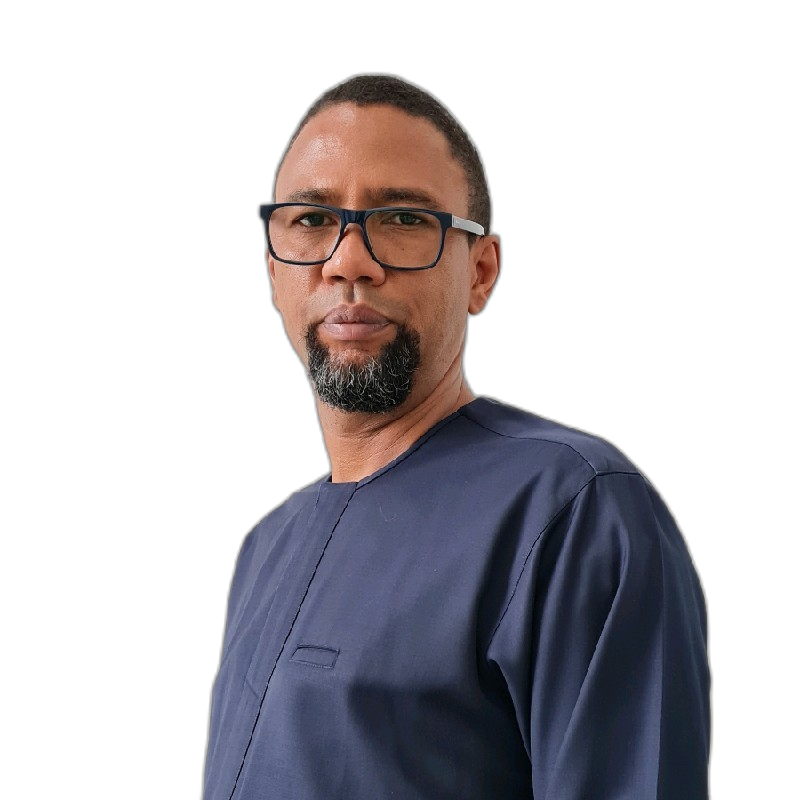South Africa’s MTN Group, the parent company of MTN Nigeria, says they are not worried about competition from the launch of Starlink in Nigeria due to the high cost of the satellite internet service offered by the US company.
US-based Starlink operated by SpaceX and owned by tech billionaire Elon Musk says it is launching its satellite internet service in Nigeria, after securing licences from the Nigerian Communications Commission (NCC) authorising the deployment of its service in the country.
“No. We’re not nervous as MTN Group or MTN Nigeria,” Mr Ralph Mupita, MTN Group President & CEO says in an interview with AriseTV while responding to questions over when the telecoms group is “nervous” over Starlink’s arrival into the Nigerian internet service market.
![]()
MTN Group’s local unit, MTN Nigeria is the country’s market leader with over 40% share of Nigeria’s total active phones numbering over 222.6 million at the end of 2022.
The MTN Group CEO agrees that satellite services like Starlink will complement mobile and fixed networks, but his telecoms group remains calm that the US satellite internet provider will not upset its local business unit, MTN Nigeria.
“The average African you know,” Mr Mupita says, “cannot afford the price points that Starlink is offering at the moment. We understand the technology will improve and the cost curves will come down. But you know from our position that you know optical fibre transmission is going to be superior to satellite for a long time.”
MTN Nigeria: Inside The Telecoms Market
Nigeria’s telecoms market now has its mobile millions connected to 222,571,568 lines representing some 116.60% penetration nationwide, with internet connection on regular speed and higher speed broadband connection representing 154,847,901 and 90,398,960 (47.36%) respectively, according to the telecoms industry statistics by the Nigerian Communications Commission (NCC.)

“So the way we see it is that this is a complementary technology. You know five to ten years out wherever we are in the world we’re always going to be online. You’re never going to be, you know, going out you know deep into Kaduna States in Nigeria and say I’ve got no connectivity because if your terrestrial network is not working you’ll see your device will automatically attach to satellite. That world is coming.”
Mr Ralph Mupita, MTN Group President & CEO
“We think that over the medium to long term you’re going to have connectivity anchored by three forms of technology. Subsea cables that I think will give us connectivity across markets and continents, you’re going to continue to see investments there. Terrestrial networks like ours wireless carriers as well as fixed networks on the ground I think you’re going to see investment and you’re going to continue to see investments in low earth orbit satellites such as Starlink the others, OneWeb and others that I think you’re going to find continuously coming,” according to the MTN Group President & CEO.
“So the way we see it is that this is a complementary technology. You know five to ten years out wherever we are in the world we’re always going to be online. You’re never going to be, you know, going out you know deep into Kaduna States in Nigeria and say I’ve got no connectivity because if your terrestrial network is not working you’ll see your device will automatically attach to satellite. That world is coming. So the way we see this is that it’s complementary,” Mupita says.
While he believes that Starlink’s current price points is beyond reach, the MTN Group’s chief says that the three key technologies will complement each other over time.
“We understand the technology will improve,” Mupita says about Starlink, “and the cost curves will come down. But you know from our position you know optical fibre transmission is going to be superior to satellite for a long time.
“But what satellite has is that it can get to the deep rural areas and where the network is shut down because of power shortages. You know you will have power in space. So I think that the key thing is it’s going to be a complementary technology and you’re going to see you know terrestrial networks such as ours partnering with space operators over time.”
Source of Article


